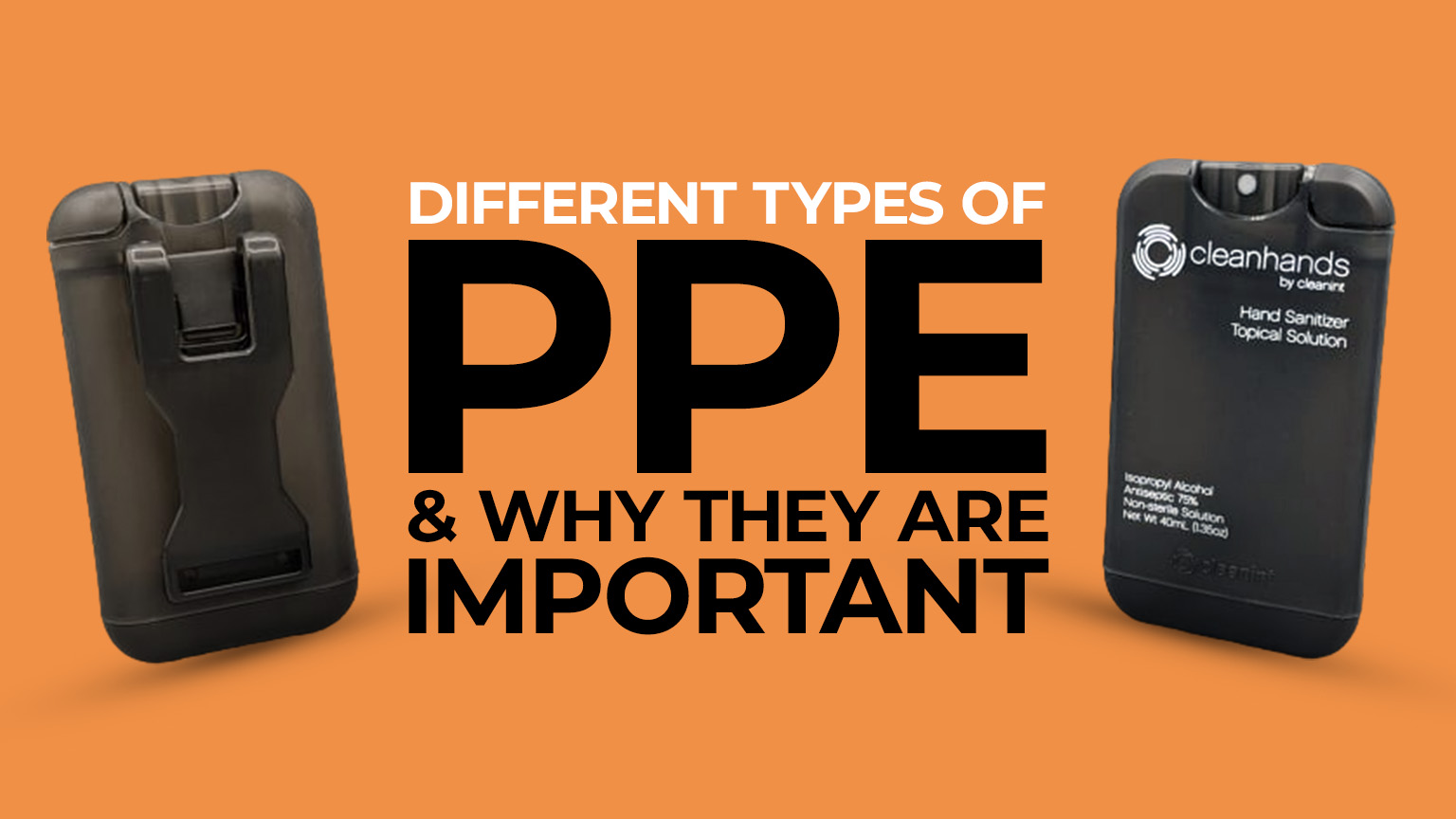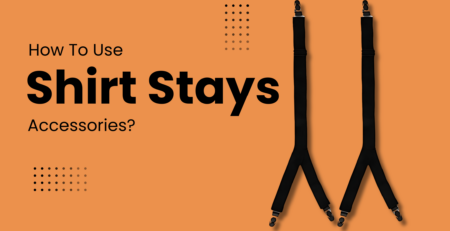Different Types Of PPE & Why They Are Important
Personal Protective Equipment (PPE) is not just a set of tools; it’s a shield that empowers workers in various workplaces. It distances them from potential hazards, reduces the risk of infection or damage, and, most importantly, gives them a sense of control and confidence in their safety.
Understanding the many types of PPE and when to use them is critical to maintaining a safe workplace. It gives employees a sense of control and instils confidence in their safety, making them feel more secure and reassured.
Delve into this blog to learn what PPE is, what the types are, what is necessary to wear it, and why they are essential.
What is PPE?
Personal Protective Equipment (PPE) is a collection of tools and equipment designed to protect workers from specific hazards at work. These hazards can be physical, such as falling objects, chemical, and biological. What has been detailed here demonstrates that the efficacy of PPE is dependent on proper product selection, use, and care.
In What Circumstances Is it Necessary to Wear PPE?
- Agriculture: Due to the nature of their jobs, agricultural workers are subject to dangers, including using pesticides and fertilisers, managing animals, and operating machinery. Appropriate PPE is essential to reducing these dangers. For protection, one can use safety boots, gloves, and respirators.
- Services for Emergencies: This study’s target demographic consists of paramedics, police officers, and firefighters who perform dangerous jobs that save lives. They must wear personal protection equipment (PPE), which is divided into specialist gear types. In this context, general PPE, such as eye protection, is employed.
- Laboratory Work: Safety measures must be followed because laboratories use biological agents and hazardous substances. PPE includes face shields, lab coats, and gloves in this context.
- Mining: Several risks are associated with mining, including the possibility of respiratory ailments, being struck by falling materials, and loud noises. Full-face shields, gloves, and glasses can be used.
- Services: Electrical risks, combustible gas, and water can endanger utility personnel’s lives. Particular PPE is required to handle the distinct threats posed by the hazardous compounds prevalent in these situations. Hard hats, safety glasses, and insulated gloves can be worn in this regard.
Personal Protective Equipment List
Preparation of the list of PPE calls for the identification of different hazards in the workplace. However, some general PPE items that might be included in a list are:
Different types of PPE
PPE refers to all the equipment or accessories that safeguard an individual from any potential hazard, and choosing the right type of PPE is essential to addressing the need at that time.
- Protection for the Hands and Feet: Gloves protect hands from cuts, abrasions, chemicals, and other pathogens that can damage them.
- Safety boots: Reduce the risk of electrical shocks, falling objects on feet, and slipping on the ground.
- Body Protection: The apron protects the body from harmful substances, high or low temperatures, and other liquids. Hard hats provide head protection by preventing drops and collisions.
- Face and Eyes Protection: Safety glasses protect the eyes and face from particles like dust, dirt, and chemicals that could splash into them. Face shields Protect the entire face from splashes, sprays, and impacts. Wesol provides personal protective equipment (PPE), such as face shields, for general protection.
- Protection of the respiratory system: A respirator protects the respiratory system from harmful gases, dust, and other pollutants and vapours.
- Protecting your hearing: Earmuffs and earplugs protect against loud noises.
Importance of PPE
Personal Protective Equipment (PPE) is essential for protecting people from various hazards in the workplace and other environments. Workers who wear appropriate PPE can significantly reduce their exposure to hazardous substances, flying debris, or severe conditions, thereby preventing injuries and illnesses. This ultimately enhances the health and well-being of individuals and communities by preventing the spread of diseases and infections.
- Preventing Injuries: Personal protective equipment (PPE) is indispensable in protecting employees against different hazards at the workplace. It helps to Protect workers from hardship and reduces the likelihood of accidents and related injuries, making the audience feel more secure and protected.
- Defending Against Illnesses: To ensure the well-being of workers, wearing PPE helps shield them from harmful chemicals, bacteria, and viruses.
- Wearing personal protective equipment under safety regulations is not just a matter of compliance, it’s essential to avoid fines for breaking the law. It’s crucial to ensuring a safe and healthy workplace for all employees.
- Providing PPE to employees is not just a legal requirement; it demonstrates a company’s concern for their well-being. It increases job satisfaction and productivity, making employees feel more valued and cared for.
- Cutting Costs: PPE lowers workplace-related injuries and medical cases, lowering healthcare expenses, workers’ compensation claims, and lost productivity.
5 Personal Protective Equipment and Their Uses
- Respirators
Respirators guard the respiratory systems against inhaling harmful dust, fumes, or vapour. These personal protective equipment (PPE) are used in the construction, mining, and chemical industries.
Using a respirator protects your lungs from harmful gases, mists, and particulates. It is necessary for various circumstances, such as those posing a risk to the wearer’s health, such as dusty, smoke-filled, or toxic surroundings.
- Face shields
They shield your entire face from hits, sprays, and splashes. They are stable in medical facilities and labs and are especially crucial in the industrial sector.
- Masks
Choose gloves suitable for the dangers you face to protect your hands from chemicals, wounds, friction, and infections from bacteria or viruses.
- Hand Sanitizers
Eliminating bacteria on your hands can reduce your risk of getting sick, and using a hand sanitiser does just that. Therefore, carrying personal hand sanitisers is vital to preserving personal hygiene.
- Thermometer
Check for temperature to identify the first indications of a developing illness. The Medical Infrared Digital Thermometer tool is ideal for medical facilities or companies that mandate health checks.
Reference to Wesol Distribution
Wesol is a safety equipment provider that caters to a wide range of organisational safety needs. It is committed to quality and innovation. Product variability and quality, adherence to standards, customer service and support, and competitive rates make it a preferred choice for PPE needs.
- Product Variability and Quality: Ensuring that personal protective equipment (PPE) interacts with its users and responds appropriately to quality assurance measures is crucial to safeguarding workers. Wesol Distributions also adheres to the standards according to the accreditation and safety requirements set forth by law.
- Competitive Rates: Offering rewards to clients is one activity. Wesol delivers value to clients without charging a low price to offset the costs of shoddy production.
- Dependability and Delivery: To ensure prompt PPE delivery to the designated facilities that care for the terminally ill.
- Dependable supply chain: Wesol has consistently supplied high-quality products to its consumers over the years.
Note: Though Wesol provides a good range of safety equipment, specific safety equipment for personal protection should be sought from specialised sector suppliers.
Conclusion
High-quality personal protection equipment (PPE) is essential for safeguarding people in frequently hazardous environments. To reduce occupational illnesses and injuries, consumers should know the many kinds of personal protective equipment (PPE) and when to use it.
Of course, it should be noted that PPE does not replace hazard control procedures. It is intended to be used with additional organisational safety measures to establish safety initiatives.
Wesol distributors provide high-quality products and superior-quality PPE. Visit Wesol distributions to protect yourself from upcoming hazards.










Leave a Reply